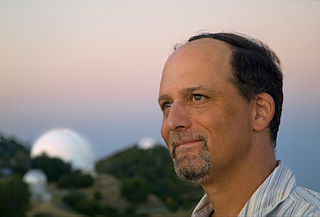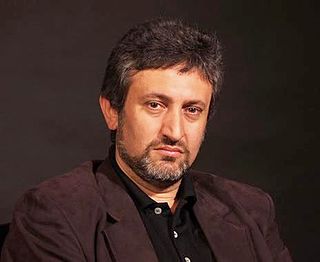A Quote by Ban Ki-moon
We are using resources as if we had two planets, not one. There can be no 'plan B' because there is no 'planet B.'
Related Quotes
We are living as if we had three planets' worth of resources to live with rather than just one. We need to cut by about two-thirds our ecological footprint. For that we need one planet farming as well as one planet living - one planet farming which minimises the impact on the environment of food production and consumption, and which maximises its contribution to renewal of the natural environment
If everybody on the planet today had the same standard of living as the average European or American, we would need three new planets. But we don't even have one new planet. We have this one, and with the way we're polluting it, the shrinking water resources, the climate change, the experimentation with plants... the outlook is grim.
I don't think anybody has the right to a huge family. There's already more people on the planet than our natural resources can even support, and if everybody were to have a high standard of living, we need three or four or five new planets to provide the resources. And this cannot be, so something has to change.
I keep wondering if, say, there is intelligent life on other planets, the scientists argue that something like two percent of the other planets have the conditions, the physical conditions, to support life in the way it happened here, did Christ visit each and every planet, go through the same routine, the Agony in the Garden, the Crucifixion, and so on.
I was in a form of a prison: not necessarily with bars, but I was locked to that machine three days a week, and I couldn't plan work, I couldn't plan vacations, I couldn't plan dinner, I couldn't plan homework, I couldn't plan nothing because at the end of the day, Monday, Wednesday and Friday, I had to be at dialysis.
If you want to coach you have three rules to follow to win. One, surround yourself with people who can't live without football. I've had a lot of them. Two, be able to recognize winners. They come in all forms. And, three, have a plan for everything. A plan for practice, a plan for the game. A plan for being ahead, and a plan for being behind 20-0 at half, with your quarterback hurt and the phones dead, with it raining cats and dogs and no rain gear because the equipment man left it at home.
When I grew up as a kid, we didn't know there were any other planets outside of our own solar system. It was widely speculated that planet formation was an incredibly rare event and that it's possible that other planets just don't exist in our galaxy, and it's just this special situation where we happen to have planets around our sun.
A major puzzle for which nobody has an answer is this: is there some size at which the planets change their nature from water-rich planets like Neptune, to rocky planets like the Earth? We have found two planets that are the size of the Earth in radius, but they are very close to their host star, so water on the surface would evaporate away.







































